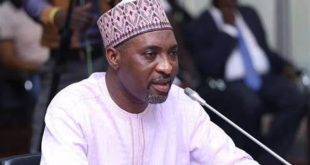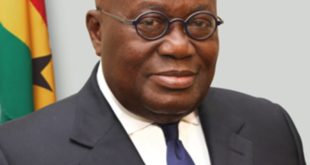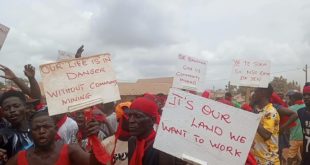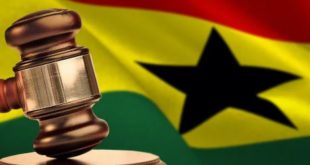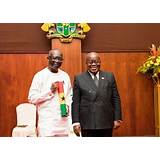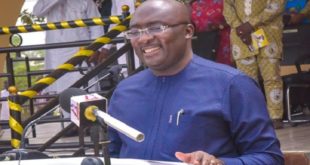By:brightwebtv.com/Nana asare barimah
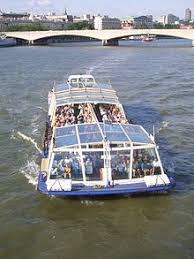
IMANI Africa is advocating for the development of inland water transport systems alongside the ongoing railway transport system which it believes comes at a higher cost.
It suggests that an inland water transport system will come at 20% less the cost of road transport system development.
IMANI Associate and West African logistician, Martin Hiles who has decades of experience in transportation systems in an IMANI newsletter the potential to use inland water transport in Ghana “for low-cost development and also for national pride cannot be overstated. It will set Ghana apart among all African nations.”
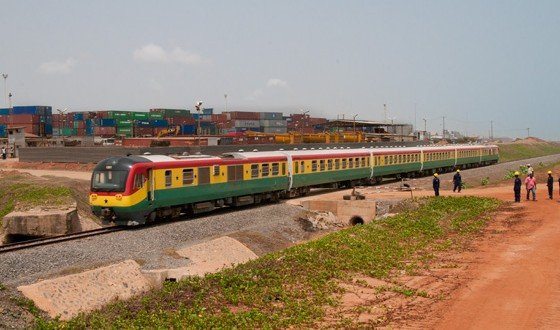
While lauding the government’s plan to construct two separate rail lines from the south to the north ending at Tamale, IMANI said it will be much cheaper to develop an inland water transport system.
“Upon closer inspection, the plans to build a new rail line in the north overlook existing natural waterway infrastructure already in place, serviceable and requires only a fraction of the investment needed to deliver the northern rail proposals,” he said.
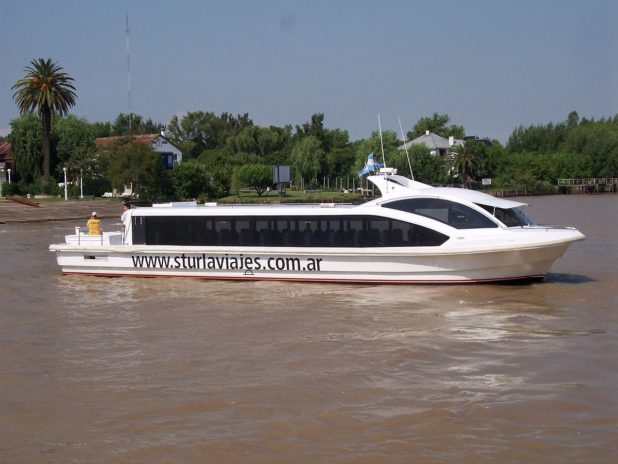
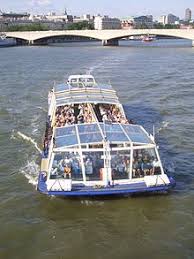
“The Volta Lake is an existing natural transport corridor created by the vision of forebears, but still awaiting proper development. This ‘watery highway’ does not need to be designed, planned, constructed, nor maintained or repaired. It can be used to carry cargoes at one half the operating cost of an existing rail line and a fraction of the cost of new rail lines.”
He also said based on the existing Volta Lake water systems, going ahead to construct rail lines will only be a duplication of similar systems which will come with a cost burden on the state.
Read excepts of the newsletter below:
The new rail line currently being constructed through relatively easy topography between Tema and Mpakadan (a distance of 97 Kms) is costing approximately $0.5 bn to build and provide new rolling stock. This section of the plans will have distinct advantages.
However, to build a new railway line from Mpakadan to Yapei (420 Kms) where rights of way have to be secured and difficult topographical challenges exist, will cost a minimum of$2.2 bn, and building a new rail line from Kumasi to Yapei, a distance of 300 Kms, even if a straight line route is selected (unlikely), will cost $1.5 bn.
These two new lines as far as Tamale will sandwich the Volta Lake, a logistical duplication costing $3.7bn! The Volta Lake is an existing natural transport corridor created by the vision of forebears, but still awaiting proper development. This ‘watery highway’ does not need to be designed, planned, constructed, nor maintained or repaired. It can be used to carry cargoes at one half the operating cost of an existing rail line and a fraction of the cost of new rail lines.
To build either one of the two proposed new lines to northern Ghana will, unfortunately, mirror the already existing, and operationally much cheaper inland waterway. The duplication of the transport corridor represented by the Volta Lake by creating new rail lines is not justified by any argument.
Moreover, upgrading the totaltransport capacity of Volta Lake as an inland transport corridor is a financially more attractive option. Renovations to existing transport terminals as well as the construction of brand new facilities at strategically advantageous locations around the shoreline, while fully meeting social obligations, corporate social responsibilities, widespread lakeshore community development, not to mention impressive ‘green credentials’, will cost $0.5 billion – and is commercially and environmentally sustainable. It’s the complete package at a fraction of the cost.
Any investor, even for government projects such as rail lines and inland waterways, expects at least a 10% return from the investment simply to cover finance charges and, over a longer term, to recover the capital costs alone.
The known cargoes alone, i.e. not passengers (confirmed by others and accurately assessed by several sources) to northern Ghana and the landlocked countries further north are currently approximately 3,000,000 tonnes of cargo per annum. At an average cost of $0.064 (6.4 US cents) per tonne/kilometre by road (Burkina Shippers Council advice and actual current quotes) the income for freight carriage to Bolgatanga by road is $192m per year. If any future rail service is even slightly more expensive then the cargoes will continue to go by road.
The cost to construct and equip a single track rail line from the Gulf of Guinea (Takoradi or Tema) to Bolgatanga (a distance by rail of approx 800 Kms) is a minimum of $4 billion (NB: this does not include Ghana taxpayer costs of wayleaves, encroachment removal, line fencing, design, clients engineers, transaction advisors etc which may alone add a further $1 billion to the cost). Thus this investment requires a minimum of $400,000,000. – income from transport services per annum.
It should be noted, however, that only in the development of the USA were railways used to grow a nation in the history of mankind. It has never before been done elsewhere in the world, not to mention Africa. With the exception of South Africa (due to its’ large coal transport needs) every historical rail system in Africa has failed – and any rare current new lines – are either dedicated freight lines for large ore deposits or have no commercial justification now, nor expected for generations to come.
The success of rail transport had its heyday almost a century ago. Since then individuals globally have been more often seduced by four-wheeled vehicles than all other forms of wheeled transport; “non-wheeled” water transport remains a significant alternative as it complements car journeys, not competes with them.
Inland water transport (IWT) across Ghana is commercially attractive and sustainable at 20% lower cost than road transport yet the concept languishes in the blind spot of infrastructure planners. If a project can’t be shown to make commercial sense and give Ghana a new route to growth and prosperity, then it begs the question who actually would benefit from building those railways that go where the Lake already goes? There is no need due to having a much simpler and cheaper transport option.
The Volta Lake stands already as a gleaming testimony to the engineering mastery of a former generation. It is a gift that modern Ghana has inherited and which the present incumbents are privileged to have as a resource to easily, and quickly, grow the nations’ wealth and productivity.
–
By: citinewsroom.com | Ghana
 The Spot Of Latest Trending News And Leaks Log On For Latest Political News, Health Related Issues And More
The Spot Of Latest Trending News And Leaks Log On For Latest Political News, Health Related Issues And More


